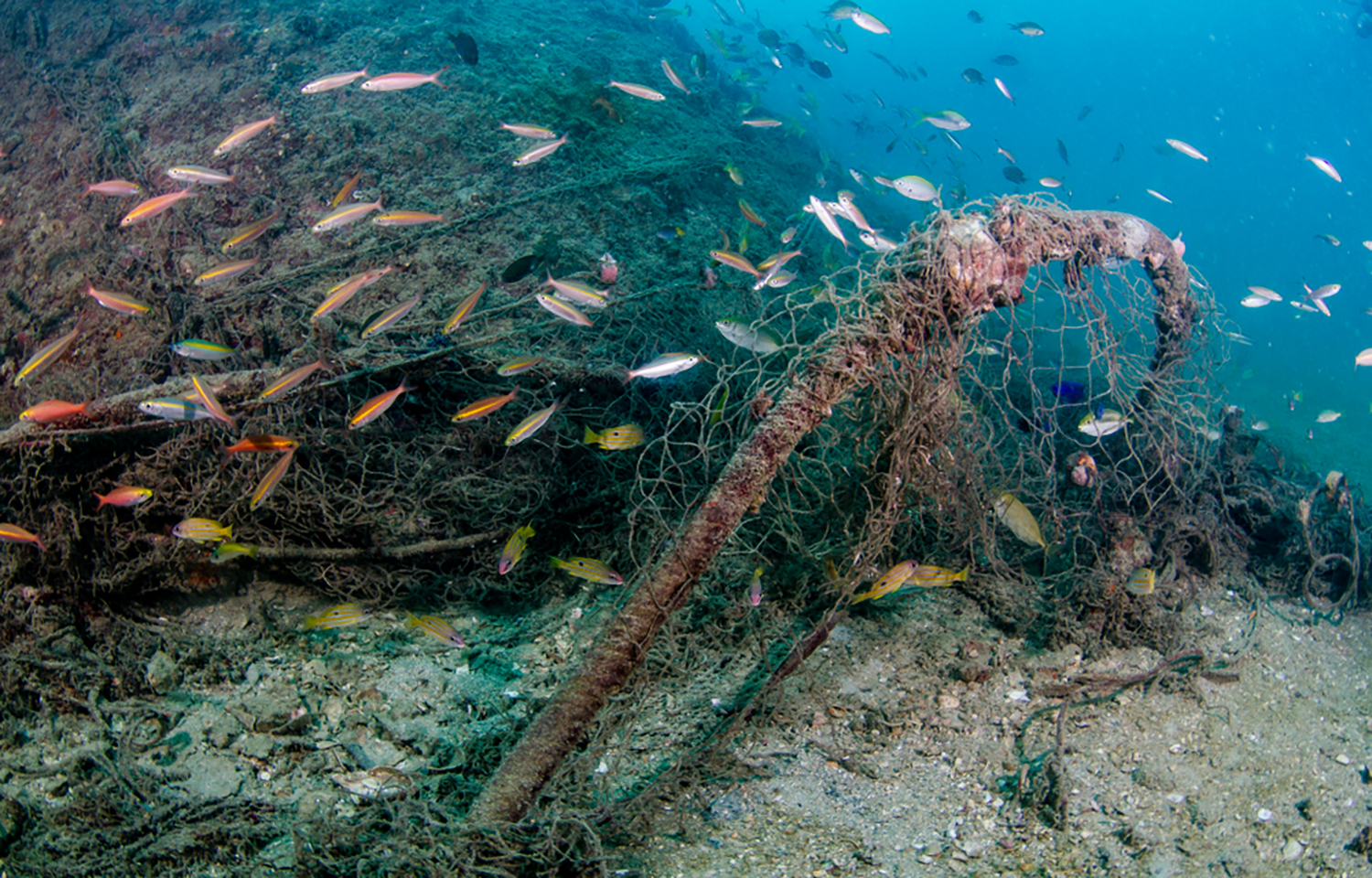Over one-quarter of harmful bottom-trawling activities recorded in U.K. marine protected areas (MPAs) in 2023 were conducted by just 10 vessels, none of which were flagged to the U.K.
A new analysis conducted by nonprofit Oceana UK, utilizing data from the Global Fishing Watch (GFW), uncovered approximately 100,000 hours of apparent industrial fishing within U.K. MPAs in 2023, 33,000 hours of which were carried out by vessels employing bottom-towing gear such as bottom trawls and dredges.
The 10 non-U.K. flagged vessels, each over 20 meters long, were responsible for 27 percent of the suspected bottom trawling, whereas U.K. vessels conducted around 6 percent of the total 33,000 hours of suspected trawling.
In response to the findings, Oceana UK has called for all political parties ahead of the U.K. general election in early July to commit to banning bottom trawling across all MPAs.
“Our marine ‘protected’ areas are crisscrossed with the scars of this highly destructive form of fishing, which may take decades to heal. These areas are vital havens for ocean wildlife and protect us against the climate crisis,” Oceana UK Executive Director Hugo Tagholm said.
GFW data is not able to distinguish between bottom- and midwater-trawling activities, which is less harmful to the seabed, but Oceana UK made it clear that both forms of fishing still have negative environmental consequences, such as bycatch.
“It is, therefore, frankly astounding that these harmful practices are still permitted in MPAs designated to protect the seabed and allow nature to recover. When this particular destructive pressure is removed, our research in places like Lyme Bay shows that these marine ecosystems can bounce back, bringing wide-ranging benefits,” Plymouth University Professor of Marine Ecology Martin Attrill said.
The two most exploited sites identified by the analysis were The Western Channel MPA and the Southwest Deeps (East) MPA, both of which are crucial biodiversity hotspots that are home to species ranging from small-spotted catsharks to the threatened U.K. fan mussel.
Oceana UK also expressed concern about the estimated carbon storage in these areas.
“The government must act now to ban this destructive practice from all our marine protected areas. Anything less is a complete betrayal of our ocean wildlife, which urgently need sanctuaries that are safe from this wholesale destruction,” Tagholm said.
Apoll conducted by Opinium Research on behalf of Oceana UK in January 2023 surveyed 2,000 U.K. adults, revealing 80 percent of the public believe laws to protect the ocean should be strengthened.
In 2021, the U.K. government introduced bylaws to restrict bottom trawling on a site-by-site basis of features, such as reefs. Oceana UK said that the move was an important step, but the limited restriction still leaves a vast majority of MPAs open to harmful fishing practices.








